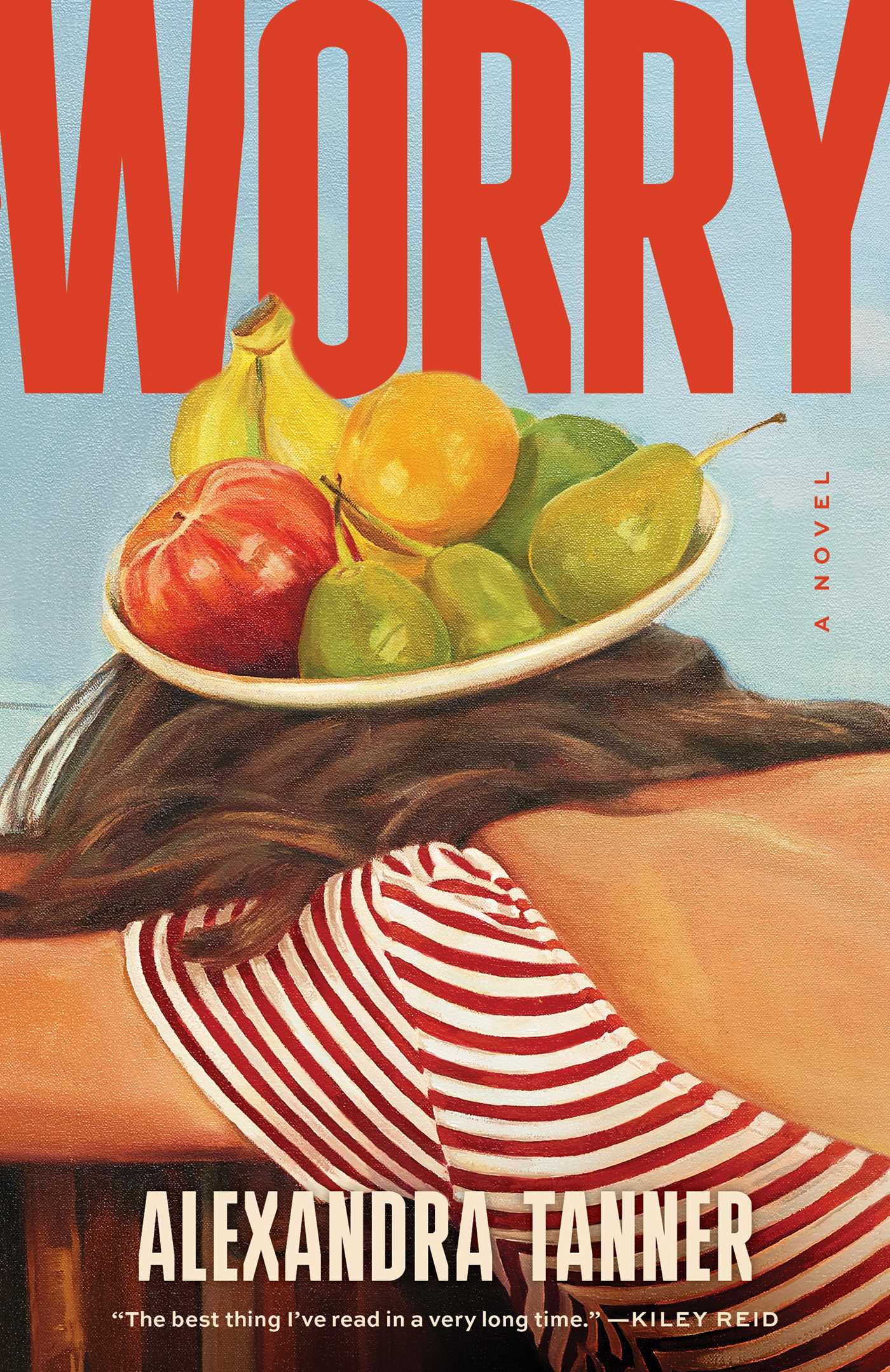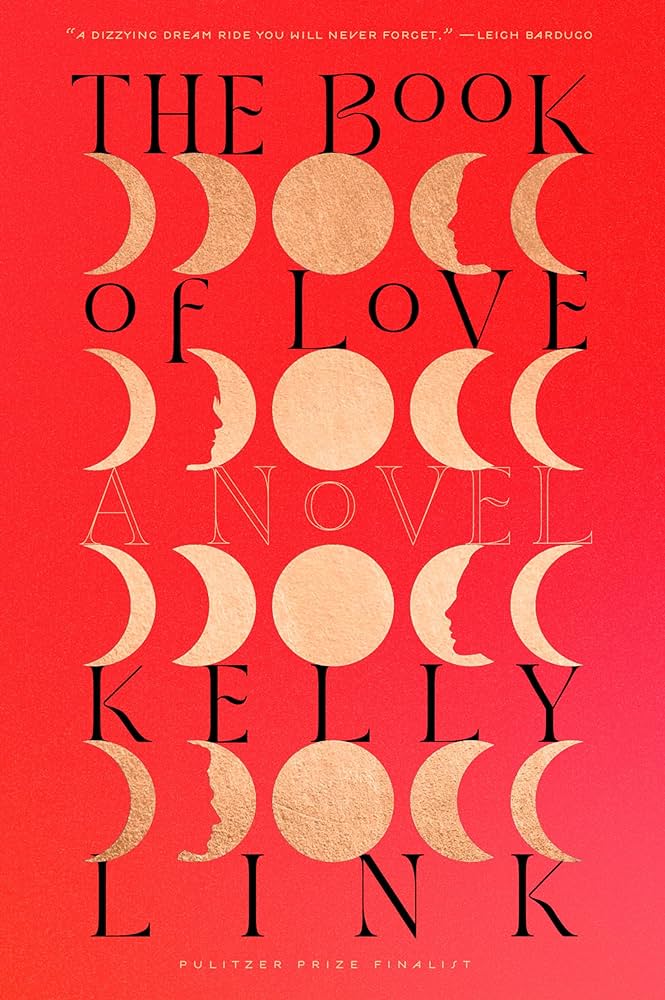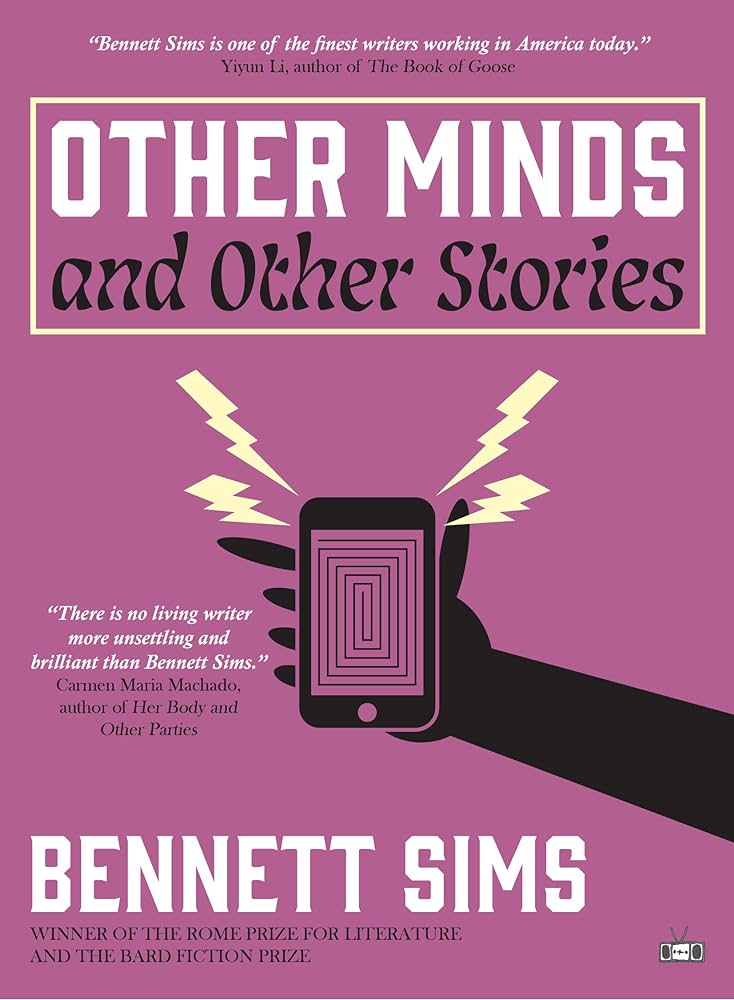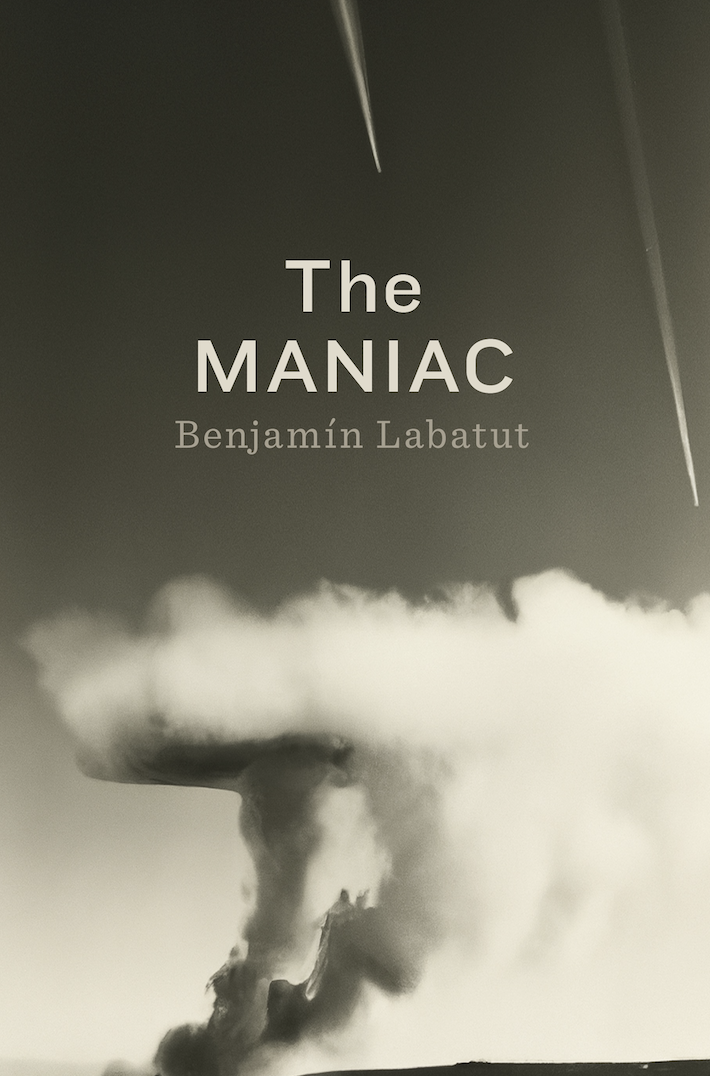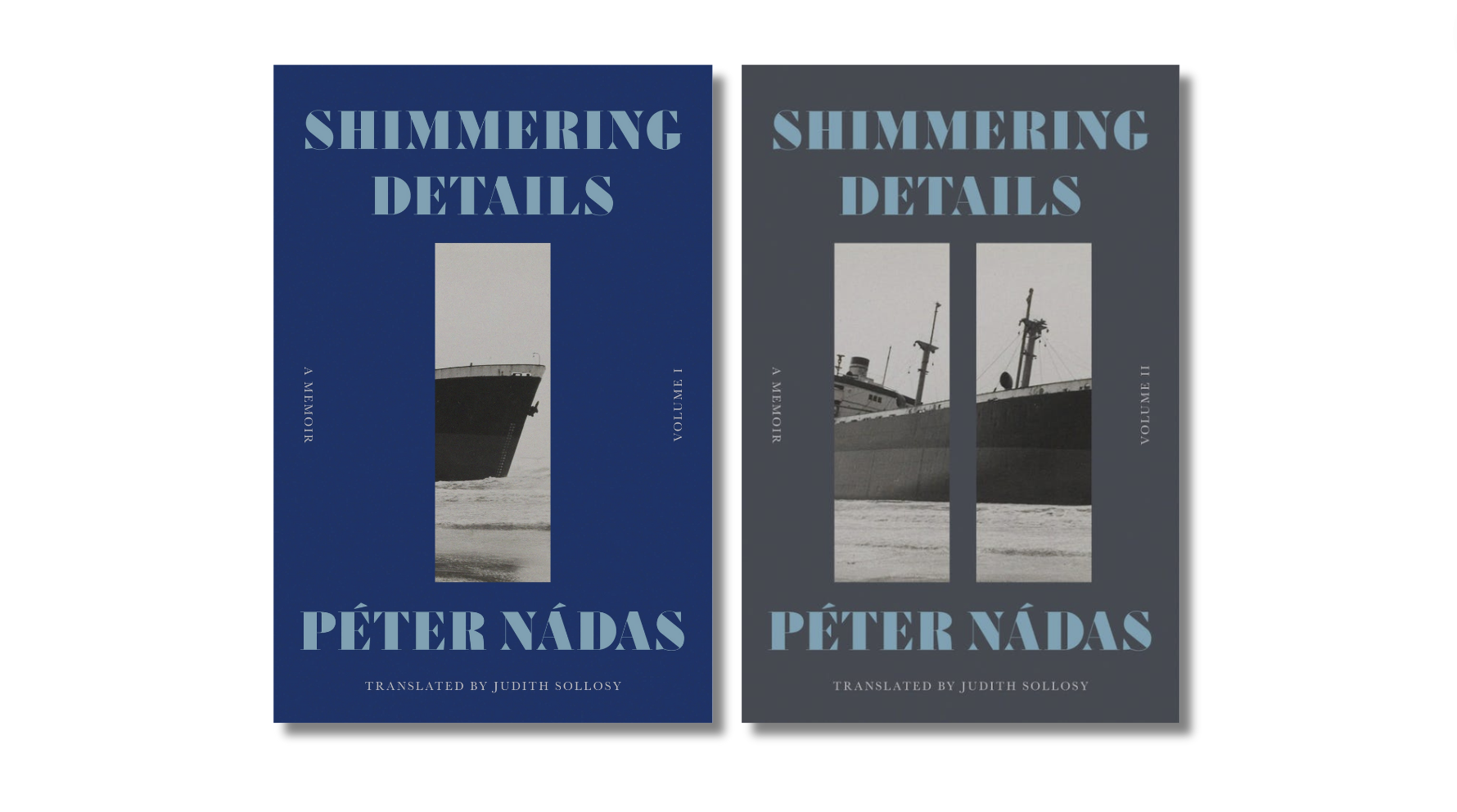
Grieving is such a basic aspect of human narrative that one might think, after a millennia, that there would be little new to say on the subject. That doesn’t stop new narratives from being recorded and published and read on every platform imaginable; poetry, memoir, and novels serving as the specific and personal record of some individual mourning.
What causes me to appreciate this continual outpouring of writing about loss is how purely against articulation grief makes itself. What grows within you after you experience a deeply felt loss robs you of your ability to address it; the loss of the self that accompanies grieving serves only to create distance between you and those closest to you. Death not only silences the body of those it takes, but often leaves the witnesses mute as well.
Vi Khi Nao may sense this as well, based on the route her debut novel, Fish in Exile, takes through language to illuminate loss and its multiform sorrows. It turns the world inside out, blowing up a suburban tragedy into tale that unselfconsciously aligns itself with the mythic without once utilizing it for melodramatic flair. As Padgett Powell once said, possibly misquoting his old teacher Donald Barthelme: “the more wacky the mode…the more heartbreak there better be or you’re not going to get away with it.” Though strangeness or uncanniness may be better terms to describe the language employed here than “wackiness,” heartbreak is certainly abundant.
The book opens in medias res, in the first person narrative of Ethos, who moves through the world detached and fumbling (In one fragment, Ethos wakes in the morning and walks “the frozen plate of [his] memory to the microwave.”) He and his wife, Catholic, have lost their children in an oceanside accident and are struggling to maintain the world they built as a family. Ethos responds by quitting his job, wandering around his own house like someone lost, barely capable of making his way through the day. Catholic responds with resentment towards Ethos, keeping him at arm’s length after sleeping with the neighbor, Callisto, who, along with his wife, Lidia, seem to be the only friends the two have.
The journey this couple takes through this novel rarely takes them physically to any location but their own gloomy home and the ocean, the scene of their tragedy. Their house is dark and swollen with shadows. Ethos makes inarticulate gestures to reach out to Catholic, but she in turn is bound up in her own pain and resentment. The loss of their children has decimated them both, but grief doesn’t have a rote path. Every book that doesn’t try to shoehorn complex, personal experiences of loss into the five steps of grieving is a mercy.
Nao does little to push a cohesive narrative or propel her characters forward with plot structure, and the book is better for it. Instead, Ethos and Catholic feel their way along the darkened walls as their life, without consent, continues onward. Interruptions from their neighbors, a visit from Ethos’s mother. A planting of garlic bulbs leads to full-on dramatization of the Classical origin of seasons myth, complete with fully realized conversations between Demeter, Persephone, and Hades. Ethos erects wall-to-wall aquariums to house the dogfish that he buys, obvious attempts at replacing the lost children coiling of glass, fitting in the way they almost resemble their damp and shadowy owners.
Death and profound loss are bleak subjects, but what is bleak is not always without humor. At one point, Ethos attempts to approach Catholic with a bouquet of flowers in his pants to replace the erection he cannot conjure. The entire section narrated by Ethos’s mother, Charlene, is dramatic and exasperating in the way only a mother’s visit cane be. Ethos and Catholic struggle to cover their fish with sweaters. At one point Ethos thinks that the “thing about suicide is, it’s a very selfish act. This is why only one should be done once in a lifetime.” The absurdity of the way that grief pushes the couple to their emotional and psychological limits isn’t just devastating, it’s often very funny.
Everything in this book is framed in turns of life, death, and desire. Donald Hall once wrote in one of his many poems commemorating his grief over the loss of Jane Kenyon, his wife: “Lust is grief/ that has turned over in bed/ to look the other way.” The desire that mitigates the world between life and death is also what propels everything in this book. Ethos thinks, “my wife lies like a wound. The breeze lifts the curtain so it appears pregnant with air.” His grief is one of longing, where he sees his wife as a “window” into which he views the “shimmering undulating sea,” though he admits that it is not an insight, only “a literature” he stuffs “into her flesh.” Catholic attempts to root out her desires and end them. Though Ethos attempts to obstruct her, Catholic ties her tubes: “now that I can’t give birth anymore, I’m truly receding.” She finds herself disgusted by Callisto, with whom she had an affair in the aftermath of her children’s deaths, and his entreaties to want to “fuck everything.” By refuting all desire, she can disarm the life that has wounded her.
There is a reckoning towards the end of the book. There is something like healing that happens as a result of forgiveness and acceptance, but, as with so many things, time is the only effective salve. The lives of these parents do not remain shattered, but they do remain broken.
Fish In Exile is a book that never once attempts to explain itself, that immerses the reader in an aquatic underworld of pain and loss. Vi Khi Nao has created a meditation that splits open the numbing and disorienting problems of loss and mourning with language that breathes new life into an old suffering. This in turn brings about the kind of bewilderment one faces when the deeply familiar is made uncanny. In that, there is a kind of solace.
